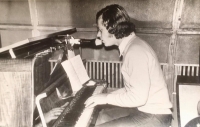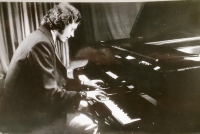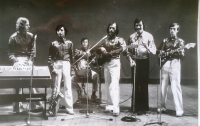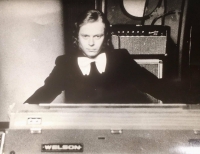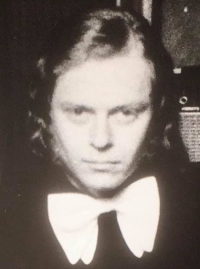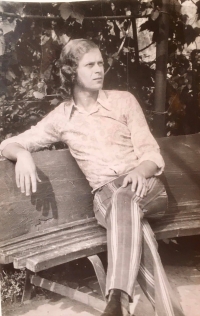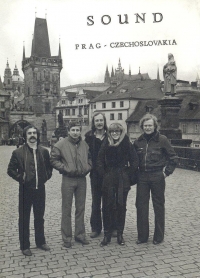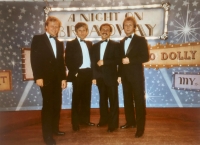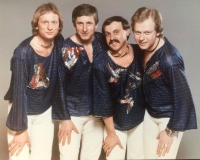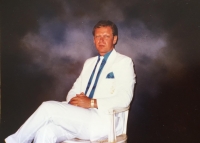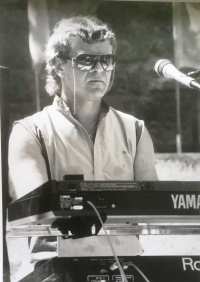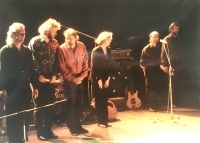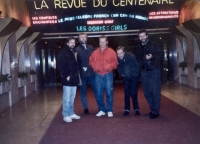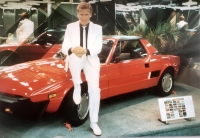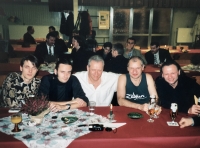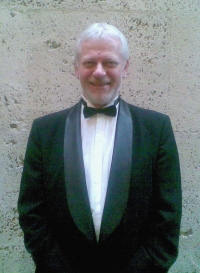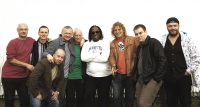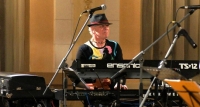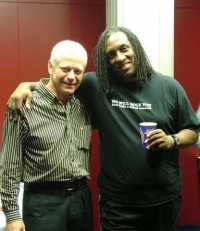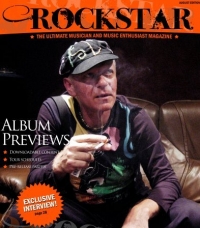Hunger and fear breed evil

Download image
Lev Rybalkin was born on 14 January 1952 in the former Leningrad (now Saint Petersburg). His father, Alexander, came from a family of landowners whose property was confiscated in the 1920s; he himself worked as a photographer. His father was wounded in World War II, in which he and his wife lost their first-born daughter. Mother Rozálie was seriously ill and died prematurely. Lev Rybalkin played the piano from the age of five and entered the eleven-year-old music school in Kishinev in the first grade. He then went on to study at the Leningrad Academy of Music. However, he was forced to leave the school to participate in a musical tour lasting several months. He and his band then performed in the Far East, where he also saw labour camps behind barbed wire. In 1975 he married and followed his wife to Czechoslovakia. He played with many bands and eventually formed his own. He left with it for America in 1982, returning there regularly throughout the 1980s. At that time, Russian citizenship brought him certain advantages. He played with Maria Rottrová, Petra Janů, Jitka Zelenková and, after the Velvet Revolution, Marta Kubišová. He also worked with a number of foreign artists. He continues to give concerts, is the service manager for foreign guests of the Karlovy Vary International Jazz Festival and runs his own brand of interior decorations. At the time of recording (2023) he was living in Prague.
